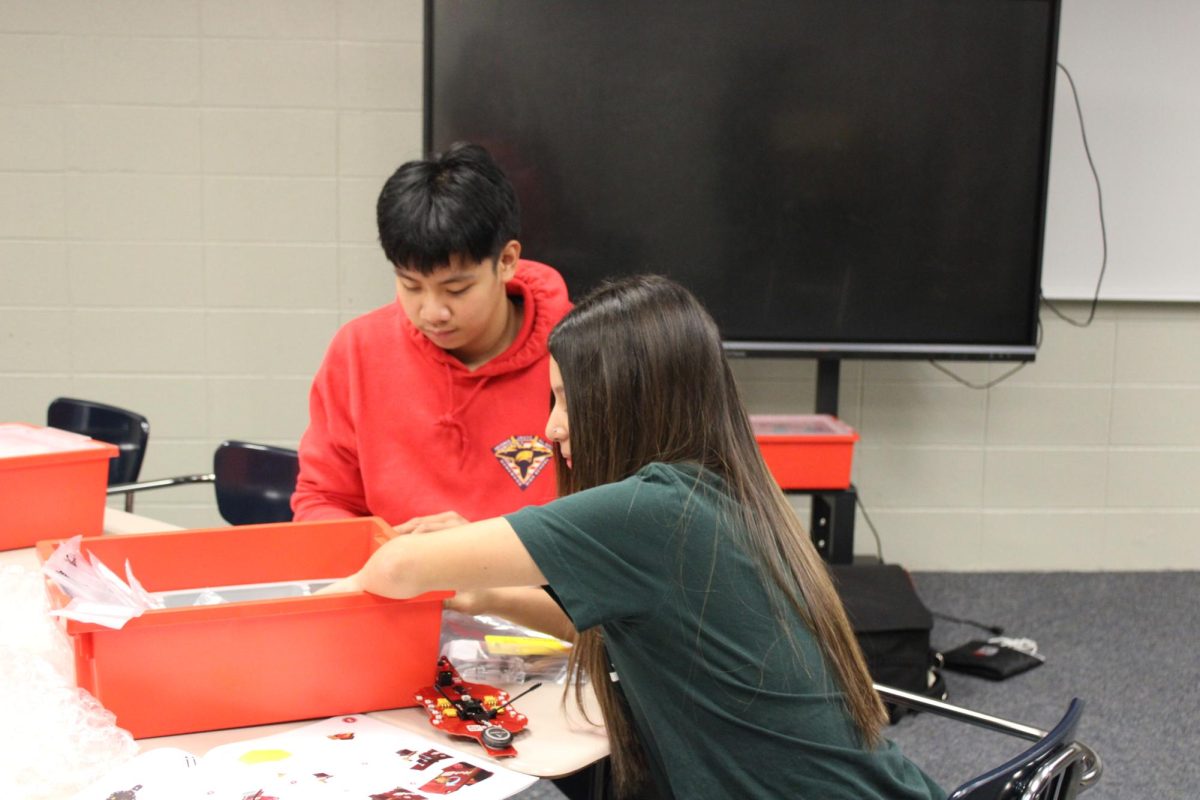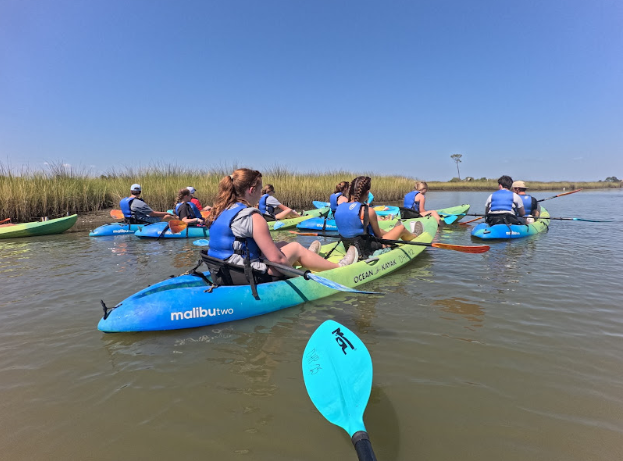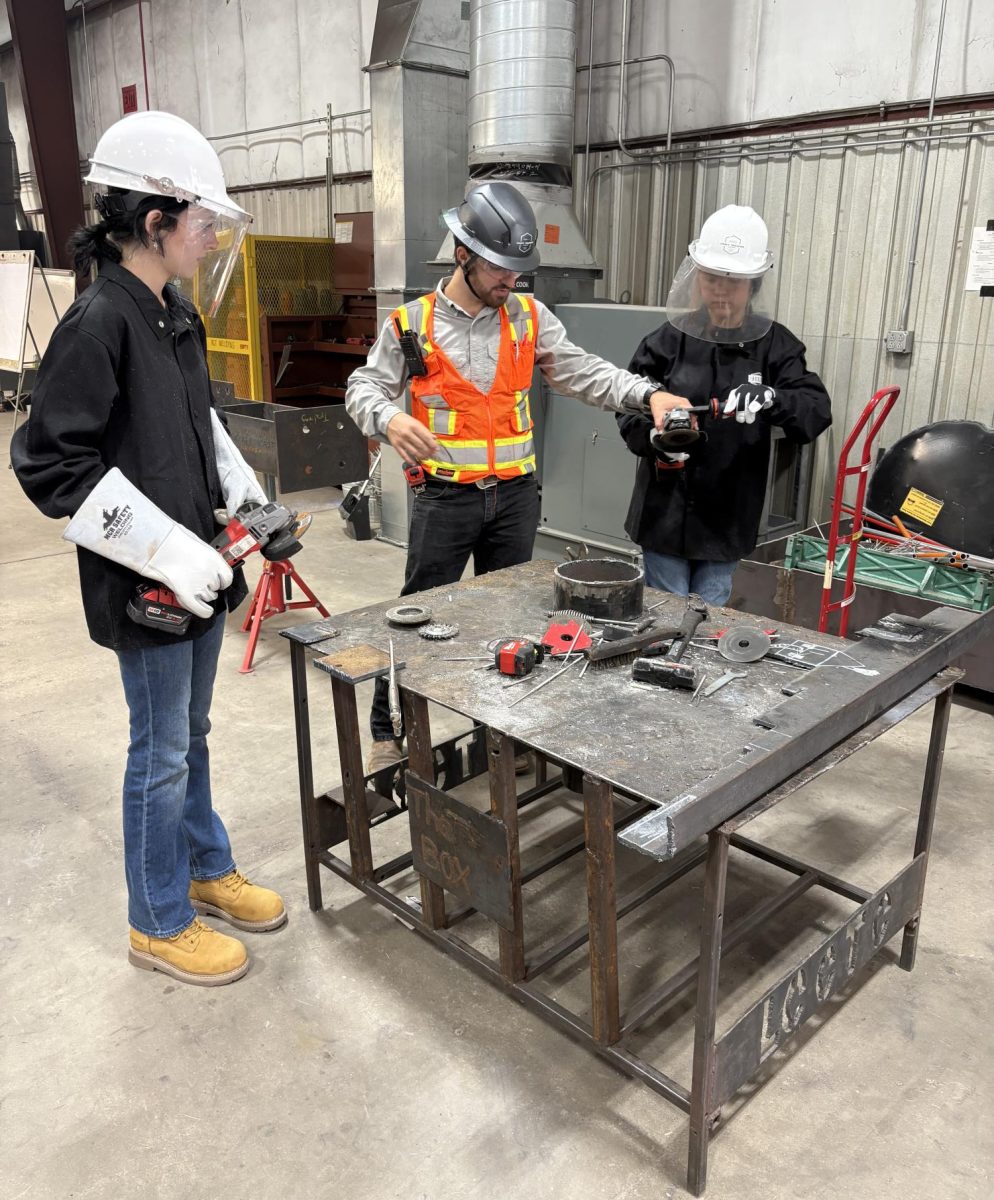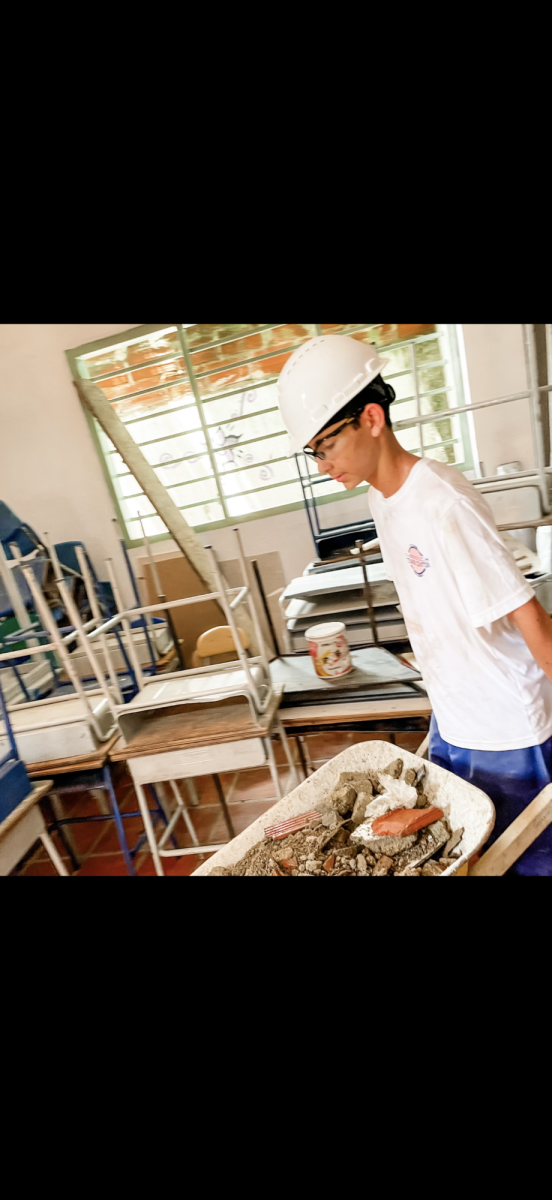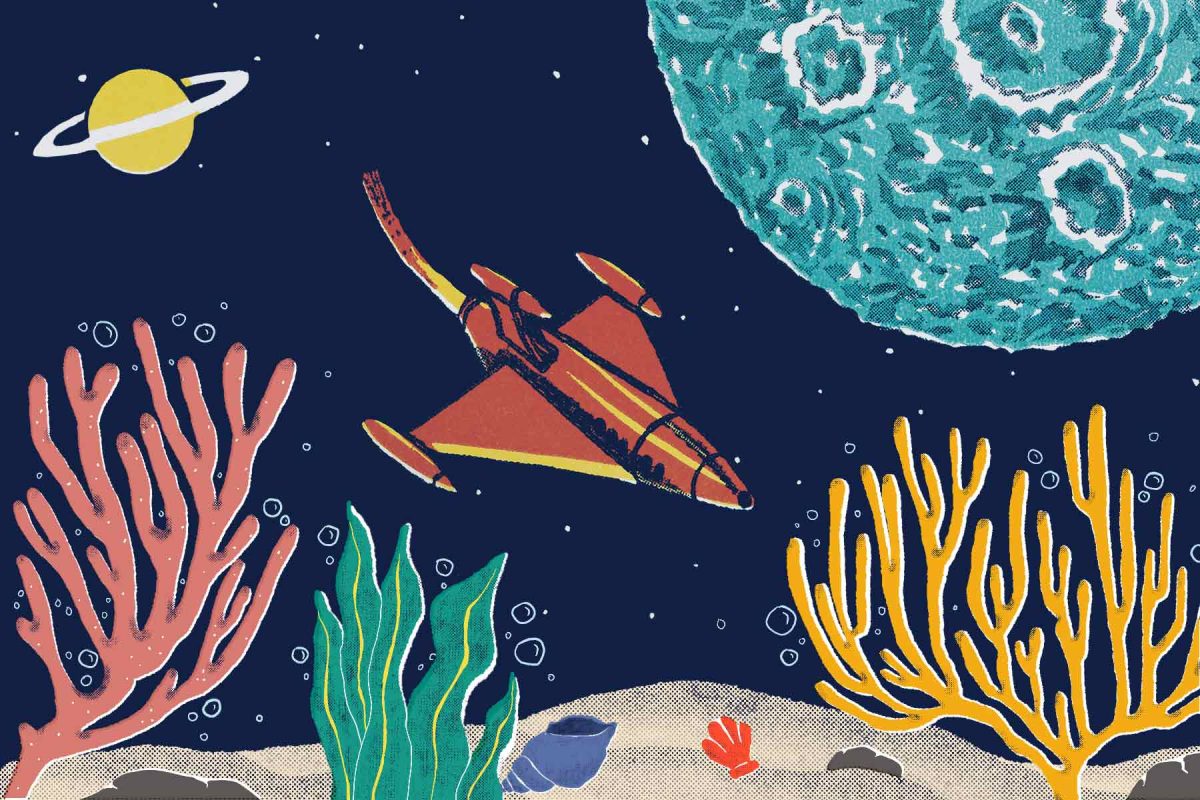Sophomores in Mrs. Dameron-Vines’s English 10 class worked throughout the month of March on a unit to craft Opinion Editorials, articles that explore an author’s opinion on a chosen topic of interest. We are happy to provide a platform for an on-going series that highlights some of students’ work.
As soon as humans learned the ability of flight, their next big goal was space. Yet, why are humans so eager to explore space? Those who like to explore feel as though it provides humanity opportunities to grow and experience in order to improve the lives of our race. Space is fascinating to the human mind, incomprehensible even. These explorations have provided better knowledge and understanding of our universe, and even our Earth itself.
However, grave repercussions come along with this, including the damage it does to our own environment. The amount of time and money that goes into space is just so grand, that in turn, the amount of emissions that are released back into our atmosphere like carbon and soot, are detrimental to the ozone layer. The ozone layer is supposed to protect our planet from harmful ultraviolet radiation which can result in severe illnesses such as cancer and failure of our immune system. People claim that the exploration of space will be beneficial to us finding a new home for our kind, yet that exploration can take tons and tons of years to complete, not to mention the resources and time it would take to reach said home. What makes us think humans have the ability to take care of another planet, when we can’t even take care of our own due to the immense amount of pollution that comes from more than just space emissions? Why take these risks to the skies, when we have the rest of our own planet to discover? I believe this is where we divert our opportunities to grow.
Earth is 71% covered by water, yet studies show we’ve only explored 5% of it, meaning there is still so much left to explore. Not only that, but by diverting our desire to grow and explore to the ocean, we are able to make efforts in order to improve our lives more safely, and most importantly, in ways that are more beneficial to the environment. Through learning more about our ocean, we can help gain a better understanding of how our planet works. For example, we can learn the process of plate tectonics, marine hazards, and marine & biological resources in which all these ways give us information to avoid potentially dangerous problems, and also to benefit instead from them. The ocean also gives strong answers to climate problems as well and also how to respond to them. These ways are all examples of how to improve human life, and to decrease fatality rate.
Yes, space is deeply fascinating, and in different ways it has benefited us, too, as a catalyst for developing more advanced technologies and economic prosperity. Yet, the cons of the impact on our planet, not just the people, outweigh the pros. In reality, we as a society can become way more successful in diverting that deep desire to a different direction. We should focus on the preservation of our own earth as quickly, and to the best of our ability, as we can before we focus our attention on new directions through imperializing other planets.
I will not deny that space is really intriguing, and as someone who has spent a multitude of hours in both fields researching and learning about each one through camps and courses, we have to realize that saving our home planet is more serviceable than blasting off into the skies.

